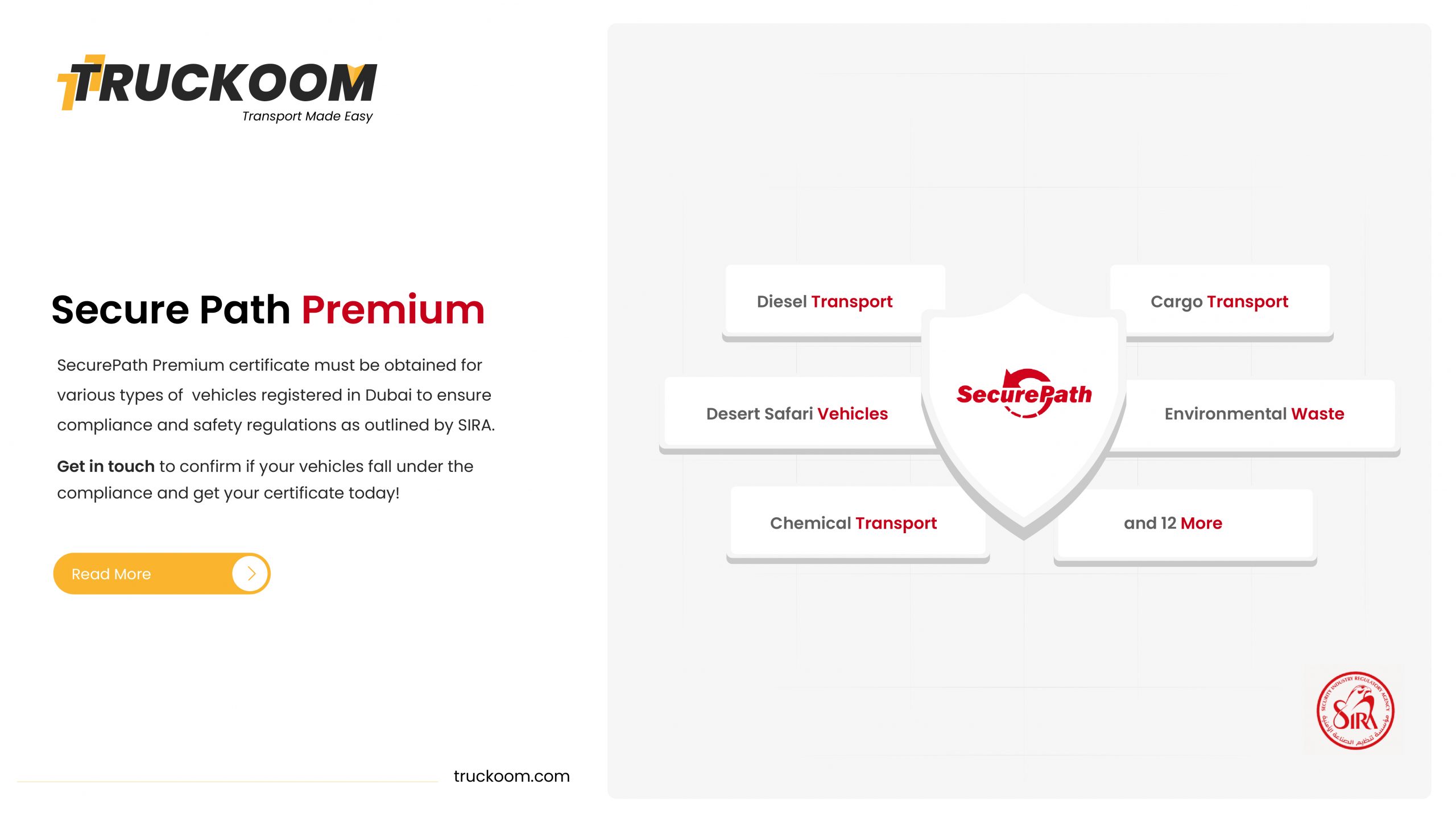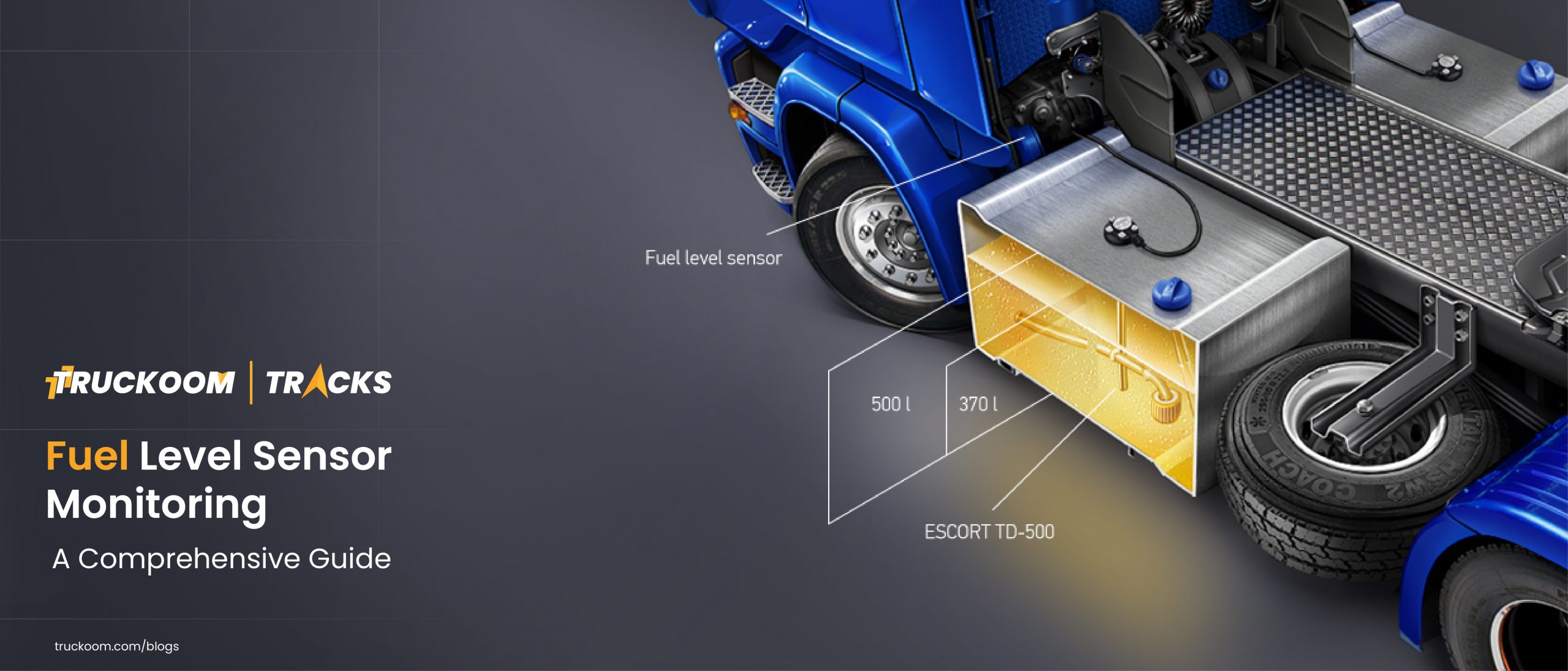Every business owner wants their company to run as efficiently as possible. One way to do this is to have a well-managed and maintained fleet of vehicles. Fleet management and fleet maintenance are two crucial aspects of the transportation industry. While they may seem interchangeable, they are two different concepts that are both essential for the success and efficiency of any fleet-based operation.
Understanding the difference between fleet management and fleet maintenance, and the benefits they offer can help fleet managers and business owners make informed decisions about their operations.
But what’s the difference between fleet management and fleet maintenance? Keep reading to find out!
What is Fleet Management?
Fleet management is the process of organizing and managing a fleet of vehicles. This includes tasks such as ordering and purchasing new vehicles, assigning vehicles to employees, tracking vehicle usage and maintenance, and disposing of old or unused vehicles. The primary goal of fleet management is to optimize the use of vehicles, reduce operating costs, and improve overall efficiency.
Fleet management is a complex process that requires a thorough understanding of the fleet’s operations, including vehicle usage, driver behavior, and maintenance needs. Fleet managers need to keep track of various metrics, such as fuel consumption, vehicle speed, and driver hours, to ensure that the fleet operates safely and efficiently.
An effective fleet management system can save a business time and money by reducing the need for manual processes, improving communication between employees and managers, and providing valuable data that can be used to make informed decisions about vehicle purchases and assignments.
What is Fleet Maintenance?
Fleet maintenance is the process of regularly inspecting, repairing, and servicing vehicles in a fleet. This helps to ensure that vehicles are safe to operate and that they remain in good working condition. Fleet maintenance is essential for ensuring the safety of drivers and passengers, minimizing downtime due to breakdowns, and extending the lifespan of vehicles.
Fleet maintenance involves a range of tasks, including routine inspections, preventive maintenance, and emergency repairs. Fleet managers need to schedule maintenance tasks based on vehicle usage and other factors, such as weather conditions, to ensure that the vehicles are always in good working condition.
Regular maintenance can prolong the life of a vehicle, improve its fuel efficiency, and prevent costly repairs down the road. A well-maintained fleet of vehicles can also help to improve employee morale by providing them with safe and reliable transportation.
Benefits of Fleet Management vs. Fleet Maintenance
Now that we’ve answered the question “what is fleet management vs. fleet maintenance?”, let’s take a look at some of the benefits of each:
Benefits of Fleet Management
Effective fleet management offers numerous benefits to fleet operators, including:
Cost Savings
Fleet management can help reduce operating costs by improving fuel efficiency, optimizing routes, and minimizing downtime due to breakdowns and repairs.
Improved Safety
Fleet management tools can help monitor driver behavior, such as speeding or harsh braking, and provide real-time alerts to help prevent accidents that vary from state to state or country to country. They may research recent legislation or review existing procedures to ensure compliance with all applicable laws and regulations.
Enhanced Efficiency
Fleet management tools can help optimize routes, reduce idle time, and improve overall efficiency, allowing fleets to complete more jobs in less time. Fleet managers are responsible for ensuring that resources are used as efficiently as possible, so fleets operate more cost-effectively.
Increased Accountability
Fleet management tools can help track vehicle usage and driver behavior, promoting greater accountability among drivers and helping fleet managers identify and address any issues.
Productivity
A well-managed fleet can have a positive effect on productivity by reducing costs associated with vehicle downtime, fuel costs, and other expenses associated with running a vehicle fleet. Fleet management systems can help track progress towards specific goals, such as increasing efficiency or reducing emissions levels.
Looking for reliable fleet management software?
Truckoom is the industry-leading fleet management software that gives organizations comprehensive, real-time insight into their cars and drivers. Truckoom provides a variety of functions to ensure the safety of truckers, other road users, and vehicles alike. Administrators can use Truckoom’s live tracking capability to observe vehicle locations in real-time and be alerted if they deviate from designated paths.
The Truckoom Electronic Logging Device (ELD) function also aids drivers in keeping track of their driving time. Furthermore, Truckoom offers sophisticated analytics tools that produce analytics reports that administrators may use to monitor driver behavior and optimize routes for increased efficiency.
For organizations seeking a cost-effective approach to safely and efficiently manage their fleets without breaking the bank, Truckoom provides a comprehensive solution.
Benefits of Fleet Maintenance
Effective fleet maintenance offers numerous benefits to fleet operators, including:
Reduced Downtime
Regular maintenance can help prevent breakdowns and other issues that can lead to downtime, reducing the impact on business operations.
Increased Safety
Keeping up with regular maintenance will help ensure that drivers stay safe on the road by avoiding accidents due to faulty equipment or parts failures stemming from a lack of general care or negligence in upkeep over time. Well-maintained vehicles are less likely to experience accidents or breakdowns, reducing the risk of injury to drivers and passengers.
Extended Lifespan
Regular maintenance can help extend the lifespan of the vehicles, reducing the need for frequent replacements and lowering overall operating costs.
Improved Resale Value
Well-maintained vehicles are more attractive to buyers and can command a higher resale value, further reducing the total cost of ownership.
Cost Savings
Regular preventive maintenance helps reduce unplanned repair costs, which can quickly add up if left unchecked. Keeping an eye on wear and tear items like filters, tires, and fluids can extend the life of a vehicle while minimizing breakdowns and costly repairs later down the road.
Improved Performance
Regularly scheduled maintenance tasks such as oil changes, tire rotations, and brake inspections can keep vehicles running reliably for long periods of time by identifying potential problems before they become major issues requiring costly repairs or replacement parts to fix them later down the line.
Understanding the Difference
While fleet management and fleet maintenance are two distinct concepts, they are closely related and often work together to optimize fleet operations. Fleet managers must balance both demands to ensure that their fleets are operating efficiently and effectively.
Fleet management focuses on optimizing the use of vehicles, reducing operating costs, and improving overall efficiency. Fleet managers need to monitor various metrics and use data analytics tools to identify trends and make informed decisions.
Fleet maintenance focuses on keeping the vehicles in good working condition, ensuring their safety, and extending their lifespan. Fleet managers need to schedule regular maintenance tasks, track maintenance records, and work closely.




